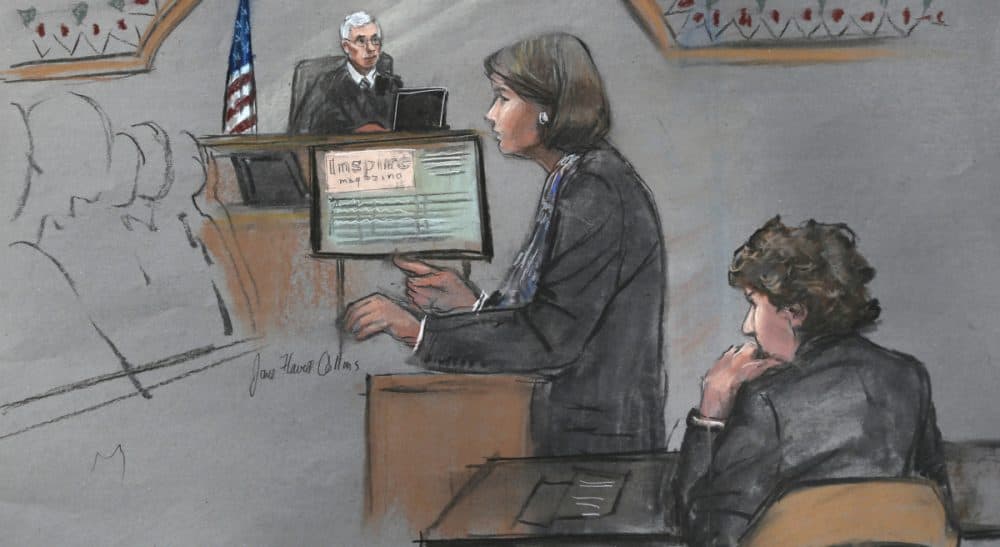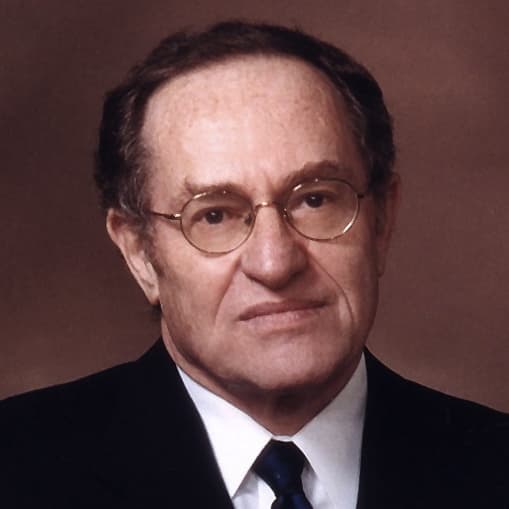Advertisement
Can Dzhokhar Tsarnaev Win His Appeal?

Having been convicted and sentenced to death, Dzhokhar Tsarnaev will probably now appeal both his conviction and his sentence. The appeal of his conviction will be difficult if not impossible to win, because his lawyers explicitly conceded at trial that he did it. Thus, any error will probably be deemed harmless.
The appeal of [Dzhokhar Tsarnaev's] conviction will be difficult if not impossible to win, because his lawyers explicitly conceded at trial that he did it.
There is, however, one issue that would not be subject to a harmless error analysis: namely, the trial court’s denial of his several motions to change the venue of the trial from Boston to a Massachusetts city not as directly affected by the marathon bombing. This issue will also be raised in the appeal of his sentence.
Several other issues will relate solely to the death sentence. One of them is related to the trial court’s refusal to give a requested instruction regarding the fact that all that is required for a sentence of life imprisonment is for one juror to vote against the death penalty. First, a bit of context: In the guilt or innocence phase of a trial, the verdict must be unanimous. That means that, even if one juror refuses to vote for a guilty verdict, the result is a hung jury. A hung jury nullifies the entire trial. The government must then try the defendant again in order to get a conviction or an acquittal. Judges do not like hung juries, and they are entitled to instruct the jurors to try hard to avoid such a nullity.
The situation with regard to the death penalty is entirely different, however. A divided vote — even an 11 to one for the death penalty — is a legitimate verdict. It does not result in a hung jury or a retrial on the issue of sentencing. It results in the automatic imposition of a sentence of life imprisonment.
The defendant wanted the jurors to know that if there was even a single hold out juror, the result would be life imprisonment rather than capital punishment. The law does not express a preference for either verdict. A divided vote — again, even an 11 to one vote — is as valid a verdict as a unanimous one. But the jurors were not told this, and they may have thought that there is some virtue in unanimity. If that was, in fact, the case, then a heavy thumb was placed on the scale of justice in favor of a unanimous verdict, which is the only way the death penalty can be imposed.
In my view, this is a serious issue that will be given serious consideration by the U.S. Court of Appeals for the First Circuit, if it is presented as part of the appeal.
Another serious issue is whether the government acted properly when it told the jurors that it is possible that Tsarnaev will not spend the rest of his life in virtual solitary confinement at a maxi-max prison, because the government itself has the power to alleviate the conditions of his confinement. That argument may not pass the smell test. It seems utterly cynical for the government to argue that it has the power to undo the usual consequences of a life sentence for horrendous murders such as the ones committed by Tsarnaev.
There may be other issues as well, and they will get a fair hearing in front of the U.S. Court of Appeals for the First Circuit, which has a well deserved reputation for being fair, nonpartisan and apolitical. Several of the judges may personally harbor strong views against the death penalty, but their job is to apply the law fairly and without regard to their personal views.
Many people in the Boston area — a majority of whom seem to oppose the death penalty in general and its application to Tsarnaev in particular — believe that the jury that sentenced Tsarnaev to death was not representative of the community. They are, of course, right. In order to serve on a death penalty jury, a potential juror must swear that he or she is not morally or categorically opposed to the death penalty and could impose it if the facts and the law warranted it. Evidence shows that such “death qualified” jurors are generally more favorable to the prosecution, both during the guilt and penalty phases. But the courts have upheld this unfair process of jury selection and exclusion, so that issue is not likely to prevail at this time.
...winning an appeal in a criminal case, even a capital case, is always an uphill struggle.
Tsarnaev was well represented at trial, and his lawyers apparently raised all the issues that they could responsibly have raised. Now it is up to the Court of Appeals to determine whether the death penalty actually will be imposed on him. If the Court of Appeals affirms the lower court, as the vast majority of appellate courts do in criminal cases, an effort will be made to bring the case to the U.S. Supreme Court. That court is deeply divided over the death penalty, and it is virtually impossible to predict how they will come down in a case like this.
The bottom line is that the case is far from over. There are serious appellate issues. But winning an appeal in a criminal case, even a capital case, is always an uphill struggle.
